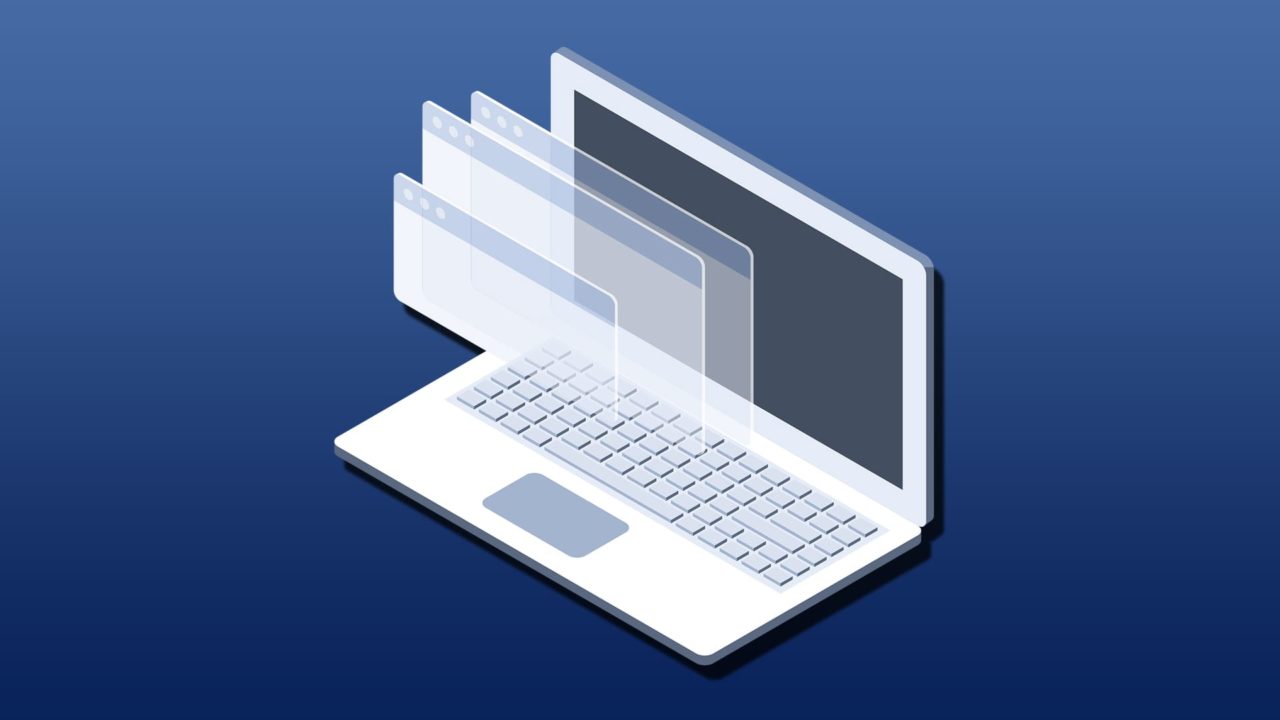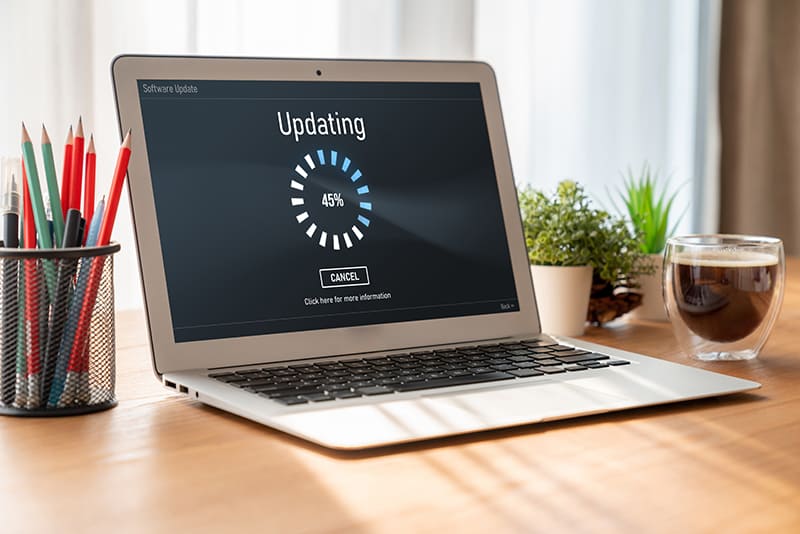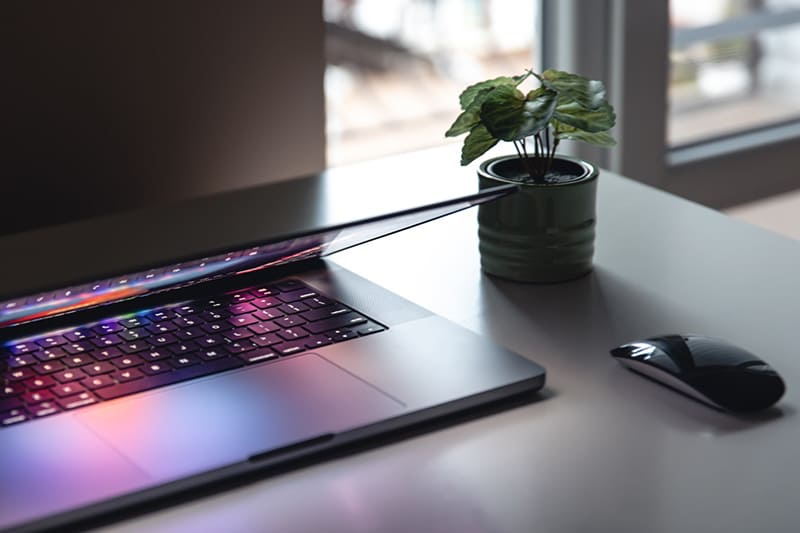Is It Better to Keep Your PC Turned On All the Time?

Many eternal questions never seem to be truly answered. And one of the more recent ones involves computers, primarily: “Is it better to leave my PC running all the time?”
Everybody seems to have an opinion on the matter, but concrete answers have been elusive. Until now. In short, our stance is that leaving your PC always on, while convenient, can affect its overall lifespan.
In this article, we’ll be delving deeper into the question of whether should you shut down your PC and looking at the pros and cons of regular shutdown.
Why You Might Leave Your Computer Running

There are plenty of reasons that people around the world leave their machines running permanently. Let’s look at some major ones:
- Convenience – It’s much easier to pick up where you left off. Leaving your computer running means you keep access to all running programs, apps, and browser tabs that you need without saving or losing progress.
- Aging machines – Older PCs and laptops take a long time to start up, and can involve considerable wait time before you can actually start working, particularly machines with HDDs. Leaving your machine running avoids this.
- Networked machines – If your PC is a server or connected to a network, then it needs to stay on for backup and network functioning purposes.
- Updates and background processes – Windows updates, virus scans, and other background processes can be disruptive to a workflow, and many users prefer to leave their PCs on overnight and let these processes take place during off hours.
- Remote access – Leaving your machine on is necessary to have off-site access to it. If you need access to your desktop and files remotely, you can log in and access them easily and at any time, provided the machine is on.
The Stress Misconception
Some believe that frequently powering on and off a PC leads to stress on your hardware components, due to fluctuations in temperature. Modern PC components may be affected by this, but their overall lifespan shouldn’t be affected. Modern components are designed to handle operational stress.
PC Always On Is Not the Best Idea

In our opinion, leaving a computer constantly running is detrimental to its expected lifespan and a few other things. Let’s take a look:
- Power usage – Even when ideal, a running computer still consumes a lot of energy, which is bad news for your electricity bill.
- Noise pollution – Components and fans run hot in a permanently-on PC, and this results in excessive noise, too.
- Heat buildup and component wear – Components that run longer and hotter also have shorter life expectancies. The CPU and GPU are particularly susceptible to wear and eventual failure if constantly running.
- Custom cooling – For gaming PCs that use a custom cooling pump, leaving your PC running might lead to pump failure and even ruinous leaks.
- Slowdowns and bugs – A computer that runs for extended periods without a restart is more susceptible to software failure and erratic behavior. RAM begins to leak, and processes get slow.
In short, a PC that’s always running carries an increased risk of erratic behavior and long-term component damage.
The Compromise Solution

Some of the reasons you’d want to leave your PC on are indeed valid. We suggest occasionally leaving your machine on to complete updates and virus scans, but aim to make this the exception rather than the rule.
If you require remote access to your computer, consider putting it into Sleep Mode or hibernation. Your machine can still wake when needed, but it doesn’t have to continually run in anticipation of use.
Ultimately, it’s best not to keep your machine running endlessly – give it a well-deserved rest from time to time.
















